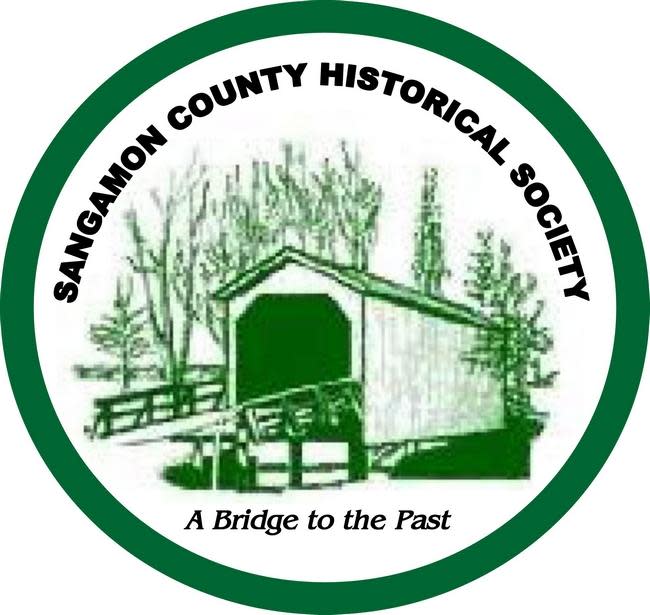Old time saloon free lunches key to Springfield business dealings

In 1927, Illinois State Journal columnist A.L. Bowen lamented the disappearance of the saloon free lunch, which was a common feature of tavern life when he arrived in Springfield in 1899. Here is what Bowen wrote (with identification notes from SangamonLink):
“The saloon free lunch played a leading role in the domestic affairs of our city. For a nickel, a foaming glass of beer was purchased which entitled the buyer to dive into an array of delicacies on the table in the rear of the room or, perhaps, it was on the end of the bar, where the caterer could keep close watch on it.
“Saloon lunches ranged all the way from the elaborate and varied meals set out by the St. Nich (St. Nicholas) and Leland hotels for the aristocracy of drinkers who patronized their bars to proletariat soup on the levee, where the ‘hack driver’s bottle’ and the ‘put back’ were institutions of respect.
“The Leland bar was noted for its salads, the St. Nich served sliced chicken and exquisite cheese sandwiches. Today you buy these foods, no better prepared and serviced, and pay high prices for them. The St. Nich sandwich that went with a nickel glass of beer costs today twenty cents or even more.
“About town the saloon lunch was highly specialized. Baldwig and Mockler (sic – Charles Ballweg and John P. Mockler) catered to the best trade but did not believe in tempting it into the house with a bait.
“Cooney Byers (sic – Conrad Beyer), I am told, set the best free lunch. He bought fresh ingredients and had an artist in their preparation working as porter. Cooney himself superintended distribution and employed a cipher system in communicating to the keeper of the lunch how liberal he was to be with each customer, who had to show his good faith in buying substantially before he could hope to partake of the trimmings. John Zimmerman also set a lunch that was well known. One resort was favored for one thing and another for another, which stimulated circulation among the bibulous.
“On the north side of the square was the only saloon that faced the courthouse. It was owned by a man named Mueller (apparently Carl ‘Charles’ Mueller). On Thanksgiving he put out a square meal of which roast turkey was the foundation. The little place, you may imagine, was popular that day.
“As the economic scale of saloon patrons descended, the quality and variety of free lunch deteriorated. Up on the levee, soup was the sole item on the menu. Some of it was atrocious. Some of it was most tasty.
“It was not an uncommon thing to find a hostler, down-and-outer or human wreck, presiding over the soup kettle of an East Washington street saloon and brewing a concoction whose odor and flavor were fit for a king.”
A.L. Bowen died in 1942 after a dual career as a newspaper editor and social justice reformer. As a newspaperman, he was managing editor of the Springfield News (later the News-Record), which went out of business in 1919, and editorial writer, columnist and editor of the Illinois State Journal, predecessor of the State Journal-Register. Between newspaper stints, Bowen held top positions in state government – as state superintendent of charities, as director of the Illinois Department of Public Welfare and even, briefly, as warden of the Joliet State Prison. He worked for five different governors.
“In both public service and newspaper work, he has been recognized as a crusader,” Bowen’s Journal obituary reported.
Excerpted from SangamonLink, online encyclopedia of the Sangamon County Historical Society.
This article originally appeared on State Journal-Register: Old time saloon free lunches key to Springfield business dealings

